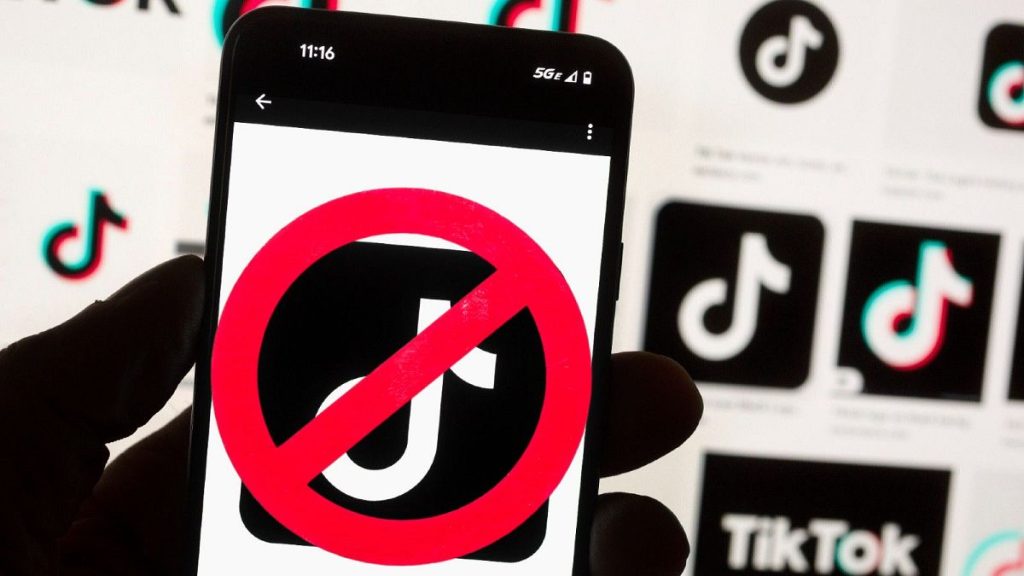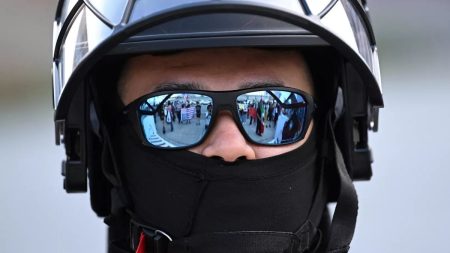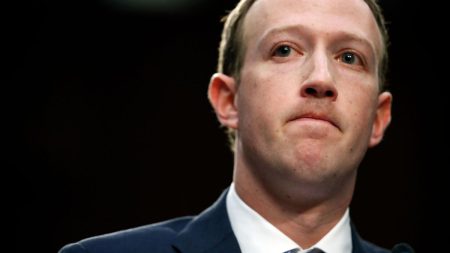TikTok, the popular short-form video platform owned by Chinese company ByteDance, faces growing scrutiny and bans worldwide due to concerns over data security and its ties to the Chinese government. While the United States is poised to become the first country to implement a complete ban on TikTok, numerous other nations have either enacted or are considering partial bans, primarily focusing on government-issued devices. These actions stem from anxieties that sensitive information could be accessed and exploited by the Chinese government through the app. TikTok maintains its independence from the Chinese government and denies sharing user data, attributing the bans to “basic misinformation.” However, the concerns persist, fueled in part by China’s strict privacy laws and the departure of several Western tech companies from the Chinese market.
A wave of restrictions against TikTok began in 2023, with several countries taking rapid action. Australia, Canada, the EU institutions, France, the Netherlands, Norway, Belgium, Denmark, and the UK all banned TikTok from government-issued devices. These bans were largely justified by national security concerns, potential data breaches, and fears of Chinese government influence. The US followed suit, culminating in a Supreme Court decision upholding a ban on the app unless ByteDance divests from the platform. This move reflects a broader trend of escalating tensions between the US and China over technology and data security. Further complicating the picture are allegations of TikTok’s potential misuse in political campaigns, such as the Romanian presidential election, raising concerns about disinformation and manipulation.
Beyond national security, other reasons have prompted bans on TikTok. Albania, for instance, implemented a year-long ban in response to domestic concerns about the platform’s contribution to violence and bullying among young people. This demonstrates that the apprehensions surrounding TikTok extend beyond geopolitical issues and encompass social and societal well-being. Meanwhile, countries like India and Pakistan have taken even more stringent measures, implementing temporary or permanent bans on the app due to concerns about content moderation and perceived immoral content. This illustrates a cultural dimension to the TikTok debate, with some countries viewing its content as potentially harmful to their social values.
India’s permanent ban on TikTok and other Chinese apps following a border clash highlights the geopolitical ramifications of tech regulations. Taiwan’s public sector ban further underscores the intertwining of technology, data security, and international relations within the context of rising US-China tensions. Afghanistan’s ban, enacted by the Taliban leadership, showcases yet another facet of the issue, citing the protection of youth from “being misled” as the rationale. This exemplifies the diversity of reasons governments cite for restricting or banning TikTok, ranging from national security to social values to political control.
The varied approaches to regulating TikTok reflect different national priorities and assessments of the risks posed by the platform. Some countries have opted for partial bans, focusing on government devices, while others have implemented complete bans affecting all users. The duration of the bans also varies, with some being temporary and others permanent. This diversity underscores the complexity of the challenge presented by TikTok and the lack of a unified global approach to addressing the concerns it raises. The debate around TikTok reflects a broader discussion about the balance between freedom of expression, data security, and national interests in the digital age.
The future of TikTok remains uncertain, particularly in the West. While the platform enjoys widespread popularity, particularly among younger demographics, the mounting pressure from governments and security concerns could significantly impact its growth and accessibility. The ongoing debate about data security, content moderation, and the influence of foreign governments on social media platforms is likely to continue, shaping the regulatory landscape for TikTok and potentially other social media platforms in the years to come. The case of TikTok exemplifies the challenges posed by the globalized nature of the internet and the difficulty in establishing international norms for regulating digital platforms.














